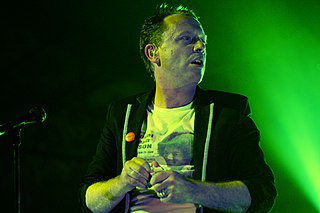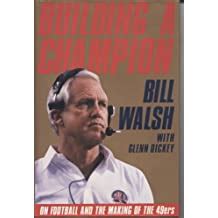A Quote by Ralph Marston
There are very real obstacles and challenges to any course of action. And there's no need to add to them, by making up obstacles of your own. Unchain yourself from the bondage of your own thinking.
Related Quotes
Genuine confidence is a way of thinking about yourself and your abilities. Confidence is your perception of your own potential; it's a kind of long-term thinking that powers you through the obstacles and tough times, helping you solve problems and putting you in the way of success. Your confidence is quite a separate matter from your social skills.
When you are starting a business or going down any challenging endeavor, you are bound to encounter challenges. You are going to hit many roadblocks and obstacles. These are obstacles that would make any sane person want to throw in the towel and quit. If you want your business to succeed, you can’t do that (duh).
The more you think about your own self, the more self-centred you are, the more trouble even small problems can create in your mind. The stronger your sense of 'I', the narrower the scope of your thinking becomes; then even small obstacles become unbearable. On the other hand, if you concern yourself mainly with others, the broader your thinking becomes, and life's inevitable difficulties disturb you less.
Perfectionism is really a manifestation of the belief that one's efforts are never good enough. Imagine: How many of the obstacles standing in your way are the product of your own imagination? What have you convinced yourself that you can't do? What limitations have you come to believe in? Your mind is very powerful and effective. Is it working for you, or against you?
There is another side [to ego] that can wreck a team or an organization. That is being distracted by your own importance. It can come from your insecurity in working with others. It can be the need to draw attention to yourself in the public arena. It can be a feeling that others are a threat to your own territory. These are all negative manifestations of ego, and if you are not alert to them, you get diverted and your work becomes diffused. Ego in these cases makes people insensitive to how they work with others and it ends up interfering with the real goal of any group efforts.
Think for yourself. Unplug yourself from follow-the-follower groupthink, and virtually ignore what everyone else in your industry is saying (except the ones everyone agrees is crazy). Do your own research, draw your own conclusions, set your own course, and stick to your guns. When you're just starting out, people will tell you you're wrong. After you've blown past them, they'll tell you you're crazy. A few years after that, they'll (privately) ask you to mentor them.





































